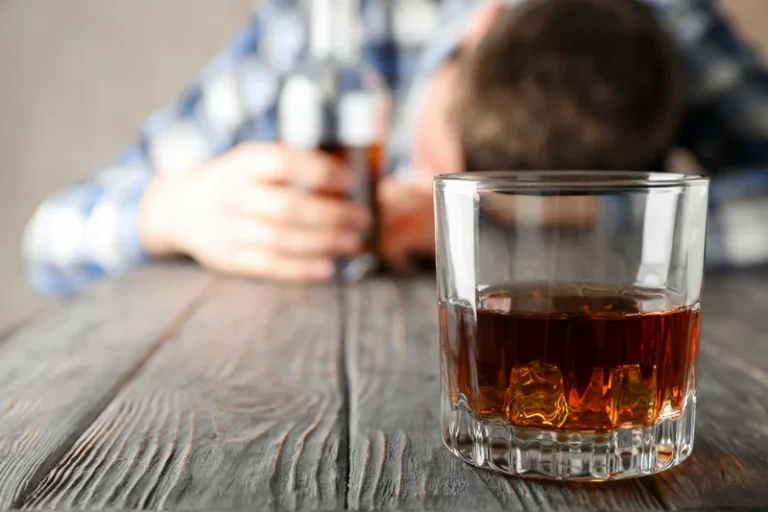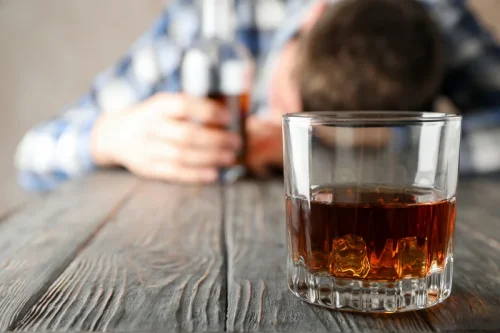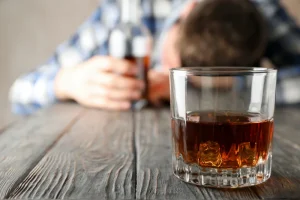
This is because chronic stress can lead to adrenal fatigue, which can cause symptoms like forgetfulness, poor concentration, and irritability. If you drink alcohol regularly, you may experience withdrawal symptoms when you stop drinking or reduce your alcohol intake. Moderating how often you drink each week and how much you drink in one sitting is key to maintaining good overall health and well-being. Counseling and therapy play a crucial role in alcohol recovery, as they address the psychological and emotional aspects of addiction. Through individual counseling sessions, individuals can explore the underlying causes of their addiction, develop coping mechanisms, and learn healthier ways to manage stress and triggers.
Tips on How to Prevent Brain Fog After Drinking
The effects of withdrawal will place a lot of stress on the body and mind. Other symptoms like increased fatigue, insomnia, and anxiety can all make brain fog more likely to occur during the alcohol detox process. Many who are detoxing even start to feel strong cravings for alcohol since drinking will help them feel better in the short term.
Recovery Residences

Regular exercise, a balanced diet, optimal hydration, and sufficient sleep can all bolster brain function and aid in dissipating the remnants of brain fog. While alcohol-related brain fog can endure from several days to weeks or even months, engaging in these positive habits supports the brain’s recovery and the restoration of mental clarity. The detox stage from alcohol, which typically spans 3 to 10 days, can extend beyond a month for long-term heavy drinkers, with withdrawal symptoms lingering.
- This site offers health, wellness, fitness and nutritional information and is designed for educational purposes only.
- Navigating the journey to mental clarity after quitting alcohol involves more than physical health; supportive therapies are a cornerstone of this transformative process.
- However, if it persists or feels particularly severe, it’s a good idea to consult a doctor.
- However, if brain fog becomes a frequent occurrence or persists for extended periods, it may indicate excessive alcohol use or alcohol use disorder.
Exercise Your Brain
Depending on how much you consumed and how often, this fog can last anywhere from a few hours to a couple of days. Abstinence can often reverse the harm that drinking may do to the brain. Seeking treatment and maintaining sobriety is essential to prevent relapse and keep your cognitive function on the rise. Severe alcohol abuse can even result in smaller and lighter brains – a worrying consequence that we must be aware of.
You can ask your doctor about using certain medications to treat alcohol-related brain fog. Some of these medicines include antidepressants or anti-anxiety pills which reduce alcohol cravings by altering the levels of certain neurotransmitters in the body. Other drugs that are used for treatment are DMAE, Ginkgo Biloba, Magnesium, or piracetam. It’s best to always consult your, doctor, before taking any medicine. It’s important to treat both disorders to ensure the best possible addiction recovery outcome.
- However, a common cause many run into is having brain fog after drinking due to how alcohol affects the brain and central nervous system.
- They can provide personalized guidance and support, and help you navigate any underlying issues.
- Both alcohol cravings and alcohol withdrawal symptoms contribute to cognitive problems in recovery.
- No matter what route you choose, it’s essential to be patient and take things one step at a time.
- It’s that hazy, unclear feeling that makes it hard to think straight.
- The wide range depends on factors such as age, genetics, the quantity and frequency of alcohol consumption, and the duration of drinking.
These resources can all be great tools for treating alcohol addiction and brain fog. By committing to long-term sobriety, you can give your brain the chance to heal and witness the positive changes in your brain fog symptoms. It’s like giving your brain a breath of fresh air after being submerged underwater for an extended period. To recover faster, focus on staying hydrated, eating drug addiction nutritious meals, resting adequately, and engaging in gentle exercise to stimulate blood flow and oxygen to the brain. Once the fog clears, you should see your situation in a new light, and this is the moment when you will discover just how good it feels to be sober. While you will have been working through the issues that affect your addiction during the brain fog, you will get a renewed chance to focus even more on getting better.

Join The Mental Health Community You’ve Been Dreaming Of

She also loves playing Uno with her little kiddos at the end of the day. This term is used to describe someone who is heavily intoxicated, often to the point of being unable to function properly. This term refers to the act of vomiting without expelling any stomach contents.
This is a common side effect due to alcohol’s impact on the mind and body. If this becomes a pattern, it could signal a deeper issue with alcohol use—something our alcohol rehab program is designed to address. During this recovery timeline, it’s important to be patient with yourself and prioritize self-care. Give your brain time to heal and focus on activities that promote overall well-being, such as getting enough sleep, eating a balanced diet, and engaging in regular exercise. Taking care of your mental health through therapy and support foggy head days after drinking groups can also aid in the recovery process.
